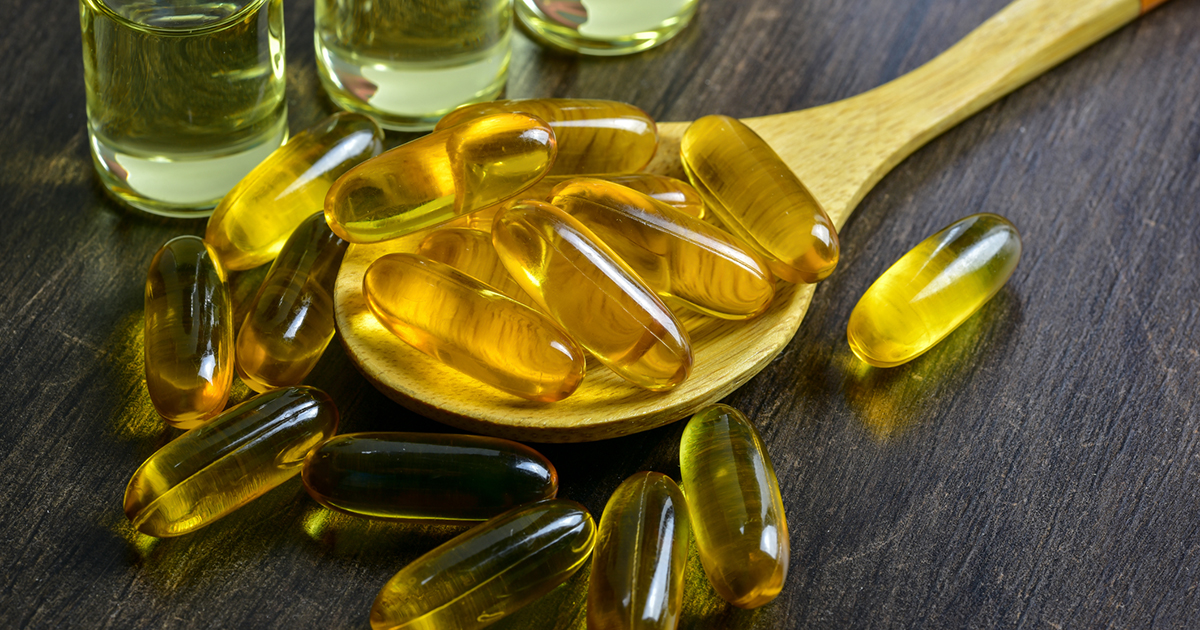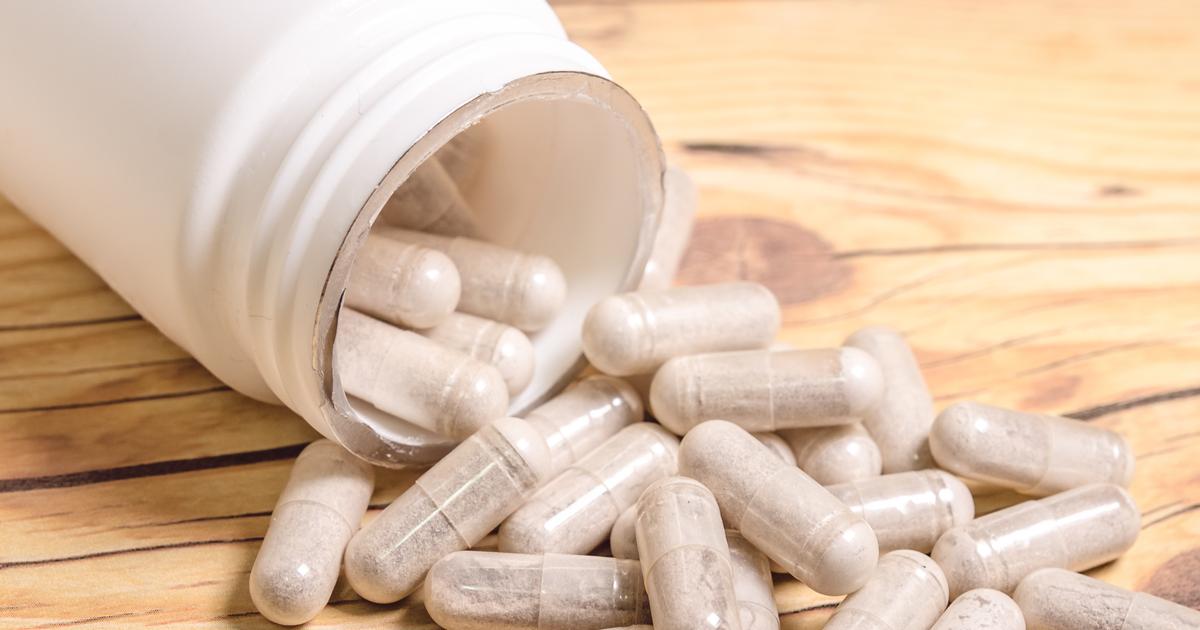Lifestyle Tips That Lower Cholesterol
Take Fish Oil Supplements

Fish oil supplements are rich in omega-3 fatty acids, and studies suggest these supplements could help to reduce cholesterol. A small study of forty-two patients concluded taking four grams of fish oil each day was associated with a reduction in total cholesterol. An additional study conducted in 2011 found that consuming six grams of fish oil per day increased the participant's high-density lipoprotein cholesterol ('good' cholesterol).
Although fish oil supplements are widely available, it may not be safe for certain patients to use them. For example, individuals who take fish oil supplements with anticoagulants are at an increased risk of excessive bleeding. Diabetes patients who take fish oil supplements could have increases in their fasting blood sugar levels. Some fish oil supplements contain high levels of vitamin A, and consuming too many of these supplements could cause bone pain, hair loss, dizziness, and liver damage. Patients should ask their doctor about the risks and benefits of fish oil supplements before adding these to their diet. Individuals who cannot take fish oil supplements can obtain omega-3 fatty acids from salmon, mackerel, flax seeds, chia seeds, and walnuts.
Consider Plant Sterols

Doctors often recommend that patients consider plant sterols when trying to reduce cholesterol. Plant sterols are naturally found in the cell membranes of plants, and they closely resemble cholesterol. When plant sterols are ingested, they compete with the cholesterol in the body. They appear to limit the amount of cholesterol that enters the body, and they might also reduce the body's ability to produce cholesterol. Plant sterols can be taken as supplements, and they are added to some types of margarine. Research indicates plant sterols reduce low-density lipoprotein cholesterol by three to fifteen percent in patients with elevated cholesterol who follow a cholesterol-lowering diet.
When taken with a statin, plant sterols typically reduce a patient's total cholesterol by an extra twelve to twenty-two milligrams per deciliter. A daily dose of two to three grams of plant sterols seems to be particularly effective. Plant sterols cannot decrease triglycerides, and they will not increase a patient's levels of high-density lipoprotein cholesterol. Patients who take plant sterol supplements regularly could notice they stop working as well after two or three months. Individuals should check with their physician about the most appropriate way to incorporate plant sterols into their diets, and they should also ask about the most effective dose for their health.
